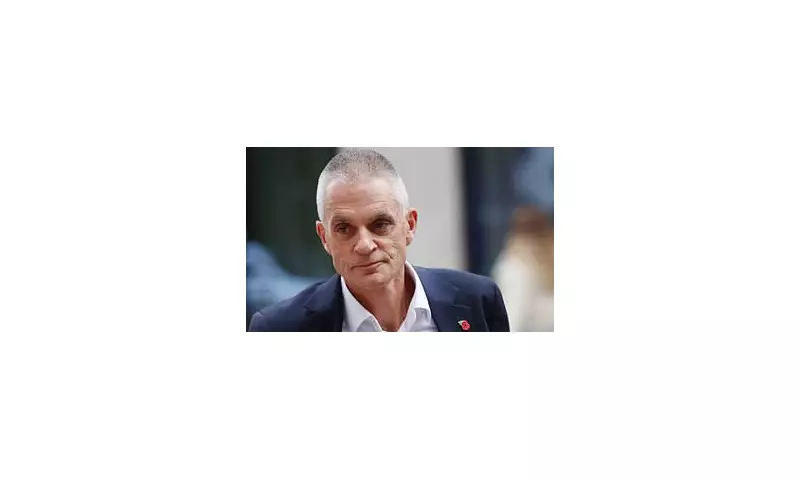
BBC Launches Search for New Leader After High-Profile Resignations
The British Broadcasting Corporation has officially begun its hunt for a new Director-General, publishing an online advertisement for the prestigious role following the dramatic departure of Tim Davie. The resignation came in the wake of a controversial edited clip of Donald Trump's speech broadcast on Panorama, which also prompted the exit of News CEO Deborah Turness.
Application Process and Candidate Requirements
Prospective candidates described as 'confident' are being invited to nominate themselves for what the advertisement terms a 'significant opportunity'. Applications must be submitted by the end of this year through executive search firm Egon Zehnder. Applicants are required to submit a letter of no more than two pages alongside an updated CV.
The BBC describes the position as one of 'the most important, high-profile public posts in the UK'. The successful candidate will be expected to 'lead and shape a future vision for the organisation at a time of significant change'. The advertisement emphasises that the right candidate must be 'purpose-driven with high integrity' while demonstrating 'courage and resilience'. Previous CEO or equivalent leadership experience is also mandatory.
Parliamentary Scrutiny and Ongoing Fallout
The recruitment drive comes as BBC leadership faces intense parliamentary scrutiny. Chairman Samir Shah, board member Sir Robbie Gibb, and former editorial adviser Michael Prescott were questioned yesterday by MPs on the Culture, Media and Sport Committee about the corporation's editorial standards.
The committee had previously written to the organisation expressing concerns about the selective editing of a speech made by Donald Trump before the attack on the US Capitol in 2021. The 12-second doctored clip appeared in a 2024 Panorama documentary, which Mr Shah acknowledged gave 'the impression of a direct call for violent action'.
Mr Shah had previously apologised on behalf of the corporation for an 'error of judgment' and revealed that he had spent 'a great deal of time' trying to convince Mr Davie not to resign, stating that 'the board wished that the director general had not resigned' and that he had their 'full confidence throughout'.
The controversy has escalated with Donald Trump threatening a $5 billion lawsuit over the case, though the BBC has rejected his demands for compensation. Trump's legal team described the edit as giving a 'false, defamatory, malicious, disparaging, and inflammatory' impression of his actual words.
Michael Prescott, author of the leaked memo that disclosed the error, told MPs that Trump's reputation had 'probably not' been tarnished by the edit. Mr Shah also indicated that the broadcaster should have acted sooner to acknowledge its mistake.
The BBC continues to operate in what the advertisement describes as 'a fast-changing media landscape', facing 'a unique set of challenges in an increasingly global market'. The corporation acknowledges that scrutiny remains 'intense' and that it 'needs to be able to respond to that scrutiny and engage stakeholders with a vision for the future of public service broadcasting'.
This recruitment marks a critical moment for the publicly-funded broadcaster, which is financed through the television licence fee payable by anyone in Britain who watches live television.





